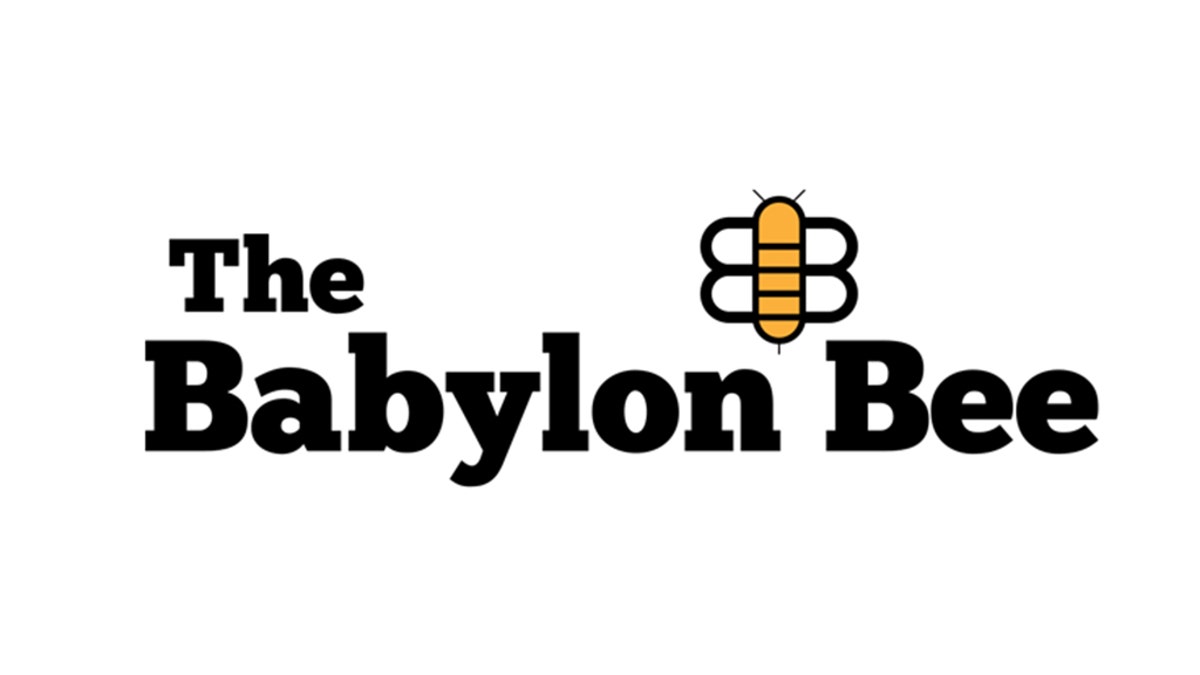Concha: The New York Times is 'lionizing cancel culture'
Fox News contributor Joe Concha reacts to The New York Times being accused of celebrating cancel culture for spotlighting a video of a teenaged girl using a racial slur, in which, led to her being forced to withdraw from college.
Popular satirical website The Babylon Bee accused The New York Times of "trafficking in misinformation" after the Gray Lady reported the site publishes false information "under the guise of satire" when the site openly admits that it’s satire.
The Times made the claims in a feature, "For Political Cartoonists, the Irony Was That Facebook Didn’t Recognize Irony," that was published on Friday. The report detailed how Facebook has had trouble identifying satire when policing its site for frowned-upon political content.
BABYLON BEE STINGS CNN WITH SATIRICAL ARTICLE: THERE'S ONLY ROOM FOR 'ONE FAKE NEWS SITE'
"The Babylon Bee, a right-leaning site, sometimes trafficked in misinformation under the guise of satire," Times reporter Mike Issac wrote.
Babylon Bee CEO Seth Dillon blasted the Times for pushing "false and defamatory" rhetoric about his company.

Popular satirical website The Babylon Bee accused The New York Times of "trafficking in misinformation" after the Gray Lady reported the site publishes false information "under the guise of satire" when the site openly admits that it’s satire.
"The claim that we're pretending to be satire so we can spread disinformation with impunity on social media is false and defamatory," Dillon told Fox News. "And it's the falsity of the claim that highlights a great irony here: It is, in fact, The New York Times that is trafficking in misinformation, and they're doing it under the guise of ‘journalism.'"
The New York Times did not immediately respond to a request for comment.
The Babylon Bee, which is sometimes described as a conservative answer to The Onion, featured headlines on Monday including, "Mexico installs stairs to keep Biden out," "Unclear how bad mass shooting is until authorities release details of everyone’s skin color," "What gender are you? Take the quiz" and "Biden visits southern border to play 'Despacito' for migrant kids in cages."
Last year, CNN reporter Donie O'Sullivan sounded the alarm after a Babylon Bee article that satirized the Democrats' reaction to the killing of Iranian Gen. Qassem Soleimani was said to have been shared on Facebook over 500,000 times.
"To put this in perspective, this is the same number of engagements the top NY Times and CNN stories on Facebook had over the past week," O'Sullivan tweeted. "A lot of people sharing this 'satirical' story on Facebook don't know it is satire."
'BABYLON BEE' CEO: 'HOW FUNNY IS IT THAT CNN IS COMING AFTER US FOR SPREADING DISINFORMATION?'
"Having a disclaimer buried somewhere on your site that says it’s 'satire' seems like a good way to get around a lot of the changes Facebook has made to reduce the spread of clickbait and misinformation," O'Sullivan elaborated before pointing to Facebook users whose comments suggested they believed the satirical piece.
The CNN reporter was pummeled on Twitter, including by Babylon Bee founder Adam Ford. The Bee then ran a piece with the headline, "CNN Attacks Babylon Bee: 'The Internet is Only Big Enough For One Fake News Site.'"
According to the joke "report," numerous CNN reporters complained their news was "much faker" than the Bee's.
Dillon feels the Times essentially took a page out of CNN’s playbook.
"This is a recurring problem. The ongoing mischaracterization of our site in the liberal media is a blatant attempt to discredit and deplatform us," Dillon said. "If they can convince the social networks we're abusing the ‘satire label, then they can shut us down. It's that simple."
CLICK HERE FOR THE FOX NEWS APP
Dillon feels the "whole system is rigged to support" efforts by liberal activists and news organizations who want to silence conservative voices.
"Wikipedia, for example, only allows ‘reliable sources’ to determine how a website is characterized. And guess which sources they consider reliable? The New York Times… CNN, etc.," Dillon said. "The sites that shamelessly mischaracterize us are deemed credible and quotable, whereas sites that appreciate and defend us are dismissed as ‘unreliable.’"
Fox News’ Joseph A. Wulfsohn contributed to this report.




















